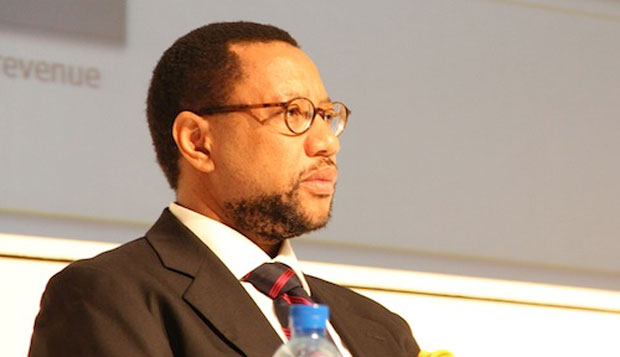
MTN SA appears to have put the worst of its troubles, including its damaging billing-system problems, behind it and has gained market share in the past six months on the back of a jump in prepaid subscribers.
Data revenues have also leapt higher as demand for broadband Internet access continues to grow and the group has revised its full-year SA subscriber expectations sharply upwards on the back of a strong first-half performance.
MTN has now revised its full-year SA subscriber expectations sharply upwards on the back of a strong first-half performance. It expects to add 1,8m subscribers in SA in 2010, up from previous guidance of just 800 000 net adds.
The improved performance will have analysts watching Vodacom closely for indications of whether MTN is prospering at its rival’s expense.
“We had a very rough patch in the last six months of December 2009, [but] things have turned around and picked up,” says MTN Group president and CEO Phuthuma Nhleko.
The group’s market share in SA has risen from 34% a year ago to 36% now, Nhleko says.
Growth in the contract subscriber market has not been as strong as in prepaid. This is partly a result of a stricter credit policy to ensure doubtful debts are kept down in the tough economic environment, he says. The postpaid subscriber base increased by 6,1%, but mainly at the low end.
The number of prepaid users climbed to 13,9m on the back of promotions like “MTN Zone 100% Mahala”. Traffic volumes also rose sharply.
The worst impact of government’s cellphone Sim card registration legislation is also now in the past, the group says.
Problems with billing systems and IT have also been rectified. “I’m glad to say they’ve been stabilised and we’re having fewer challenges there,” Nhleko says. This, together with strong marketing around the “Ayoba” branding, has helped MTN recover lost market share.
Total average revenue per user (Arpu) has risen thanks to an increase in spend by prepaid customers. Prepaid Arpu rose from R100 in December 2009 to R109 in June 2010. Postpaid Arpu declined from R365 to R336.
On termination rates — the rates the mobile operators charge each other to carry calls on their networks — Nhleko says MTN SA is ready to deal with reductions proposed by the Independent Communications Authority of SA. However, he says the company is still in talks with the authority about how quickly the rates will come down. “The business has structured itself to accommodate the further cuts,” he says.
Capital expenditure, which peaked in 2009 at R6bn, has fallen substantially. In the first six months of 2010, the company spent just R1bn on network infrastructure, a third of what it invested in the comparable period last year.
Network investments in recent years, especially in third-generation systems capable of delivering broadband access, appear to be paying dividends — data usage leapt 49% between December 2009 and June this year, the company says.
It’s continuing to invest in fibre-optic cable infrastructure so it can provide its own high-speed connections to its base stations and to provide business customers with solutions.
Almost 20% of revenue in SA comes from data. — Duncan McLeod, TechCentral
- Subscribe to our free daily newsletter
- Follow us on Twitter or on Facebook




